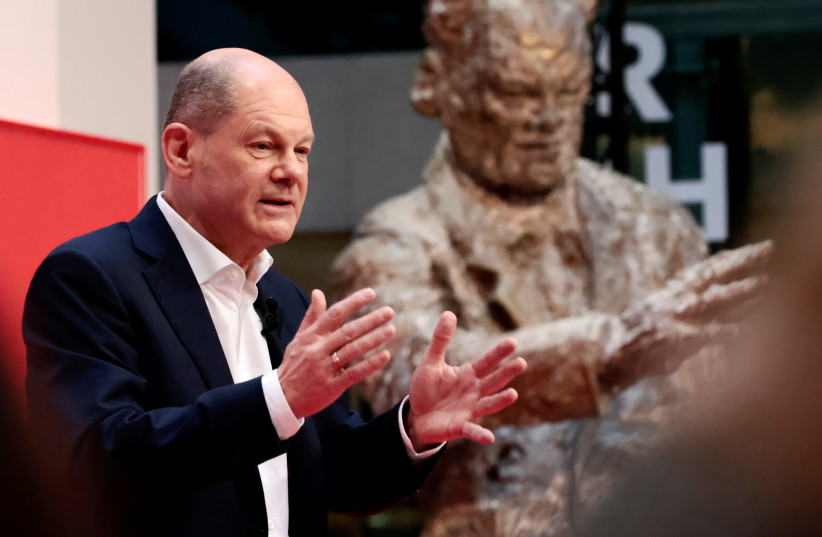After just over 16 years—exactly 5,860 days—Angela Merkel departed the chancellor’s office for good on Wednesday.
Officially, Merkel’s term of office was already declared over after the new Bundestag convened, but she and the other ministers will continue to rule on a provisional basis until the new government is in office.
Merkel was sent off from parliament with great applause. Only the right-wing AfD faction did not clap, and remained seated.
On Wednesday, Merkel’s successor, Social Democrat Olaf Scholz, was elected chancellor. Three hundred and ninety-five delegates out of 736 voted “yes” for Scholz. Three hundred and sixty nine votes were required. The election of the chancellor took place by secret ballot and without prior debate.
For the first time since 2005, the Social Democrats (SPD) will again provide the chancellor with the coalition, which also includes the Liberals (FDP) and Greens (Grüne).

Scholz’s election as chancellor ends Angela Merkel’s 16-year chancellorship. Last week, she was bid farewell with the Grosser Zapfenstreich (Great Taps) military ceremony.
Scholz led his SPD to victory against Merkel’s conservative CDU-CSU bloc in a landslide election in September. The veteran chancellor was preparing to leave the political arena after four consecutive terms in office.
Scholz received an absolute majority in parliament in the chancellor’s election.
With the swearing-in ceremony, the government can now start work. The old ministers will hand over their portfolios to their successors in the coming days. The only exception is Labor Minister Hubertus Heil, who will remain in his position in the future government.
There is plenty to do. The Bundestag still wants to vote this week on the amendment to the Infection Protection Act. US President Joe Biden has planned a digital democracy summit for December 9 and 10, when the new Chancellor Scholz will meet the American head of government for the first time, at least virtually. Foreign Minister Annalena Baerbock, on the other hand, is likely to set off for Paris this evening, from where she will travel to Brussels and Warsaw.
